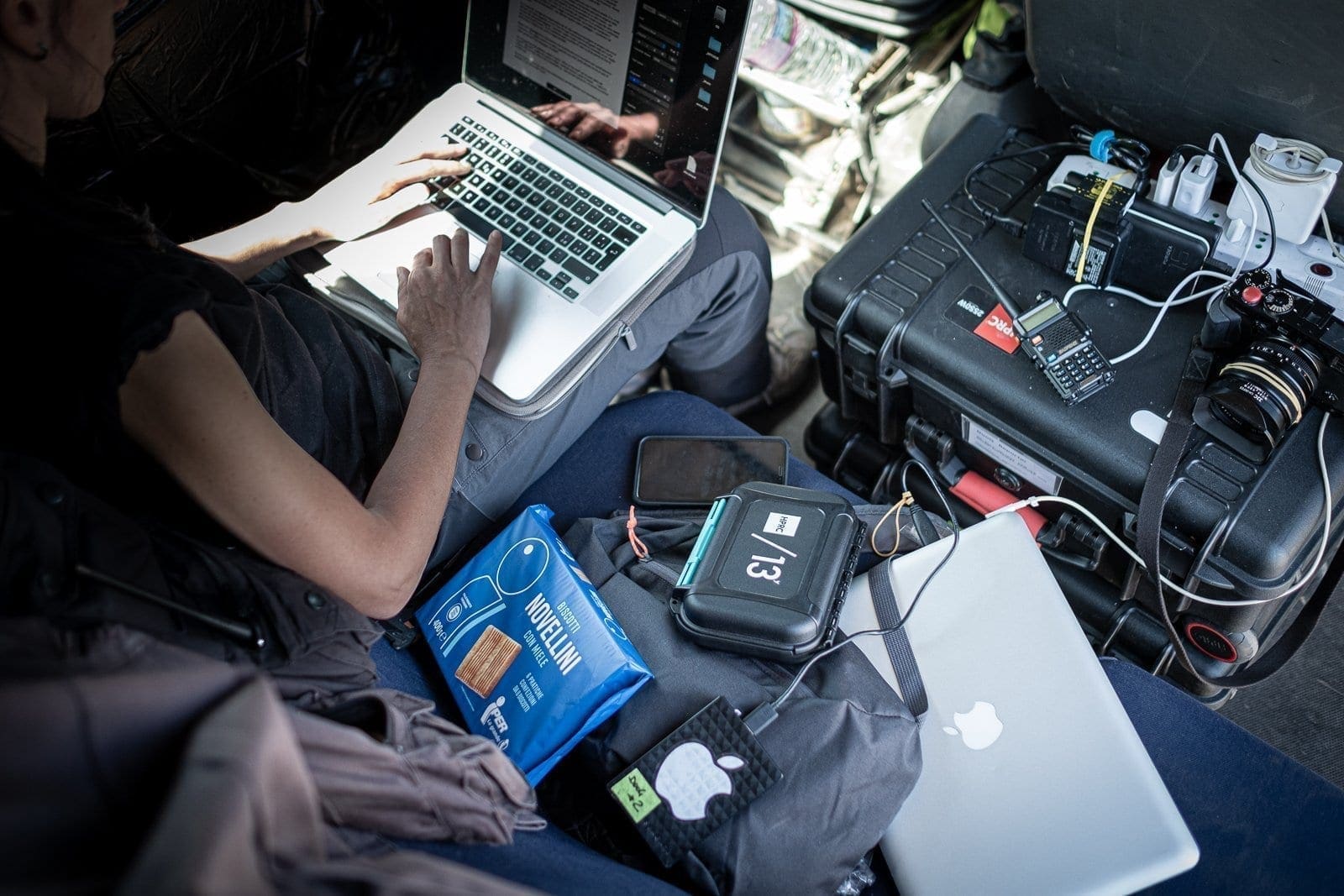We came back for just over a week from a country in lockdown. It was a bumpy, expensive way back, made up of packed planes, closed airports but without masks and gloves, lost suitcases and lack of directions. But we managed to return to Italy. Now we are in fiduciary quarantine as per re-entry protocol, each to his own home.
Catapulted into a world that, from my window, looks the same as when we left – the only difference is that I see more birds than people in the park below – we are actually in a world that has changed profoundly. But how and with which consequences (also positive, why not?!) this happened, we have to understand yet.
In these days of quarantine and lockdown, many thoughts have crowded my head. A few on a past that recently ended with a shootout but many more on the future, on how to get straight out on our legs from a situation that reaps more or less visible victims (and I am not referring to all those people that COVID-19 unfortunately took away).
Infodemic
In the field of communication, people talk a lot about the infodemic. According to the World Health Organization, “an infodemic is too much information including false or misleading information in digital and physical environments during a disease outbreak. It causes confusion and risk-taking behaviours that can harm health. It also leads to mistrust in health authorities and undermines the public health response.” (World Health Organization) This neologism originated during the ongoing pandemic, and the World Health Organisation is seeking a ‘cure’ for this misinformation.
Thinking carefully, COVID-19 exposed so many of the weaknesses of our society. One of them is precisely the deformation of reality into a kind of toy phone, without a head and tail but with a loyal following. Therefore, not only the verification of sources by those who read but also – and above all – the ethics and the responsibility of those involved in communication and information become more and more urgent and unavoidable.
United we will succeed
The other day I heard a speech by Queen Elizabeth II and one by Andrew Cuomo, Governor of the State of New York. (Full versions in their original language here and here). Both speak of resilience and unity. The Queen says “We will succeed – and that success will belong to every one of us.” and concludes with “We will meet again”.
Cuomo recalls that ‘we’re going to get through it because we are New York and because we’ve dealt with a lot of things, and because we are smart. You have to be smart to make it in New York. And we are resourceful, and we are showing how resourceful we are. And because we are united, and when you are united, there is nothing you can’t do. And because we are New York tough. We are tough. You have to be tough. This place makes you tough, but it makes you tough in a good way.”
Cooperation is the key.
Both remind me of a passage from the book Sapiens: A Brief History of Humankind, by Yuval Noah Harari, which shows that one of the success factors of Homo Sapiens is precisely his ability – that other species don’t have – to cooperate, to create a cohesive community.
Even if in lockdown, we are here
We of DooG Reporter can help emerge from this momentous shift by continuing to do what we know how to do: tell small stories of humanity that do not save lives but make us part of a community that, in 2020, embraces more than 7 billion human beings spread across five continents. And we do it the only way we can imagine: by living the stories we tell you, with ethics, courage and responsibility, for verified information and knowledge.
In these days of lockdown, of forced closure, continue to travel with us, to learn about the world through our eyes, to get your hands and feet dirty with the stories of this crazy world.
We are here.


